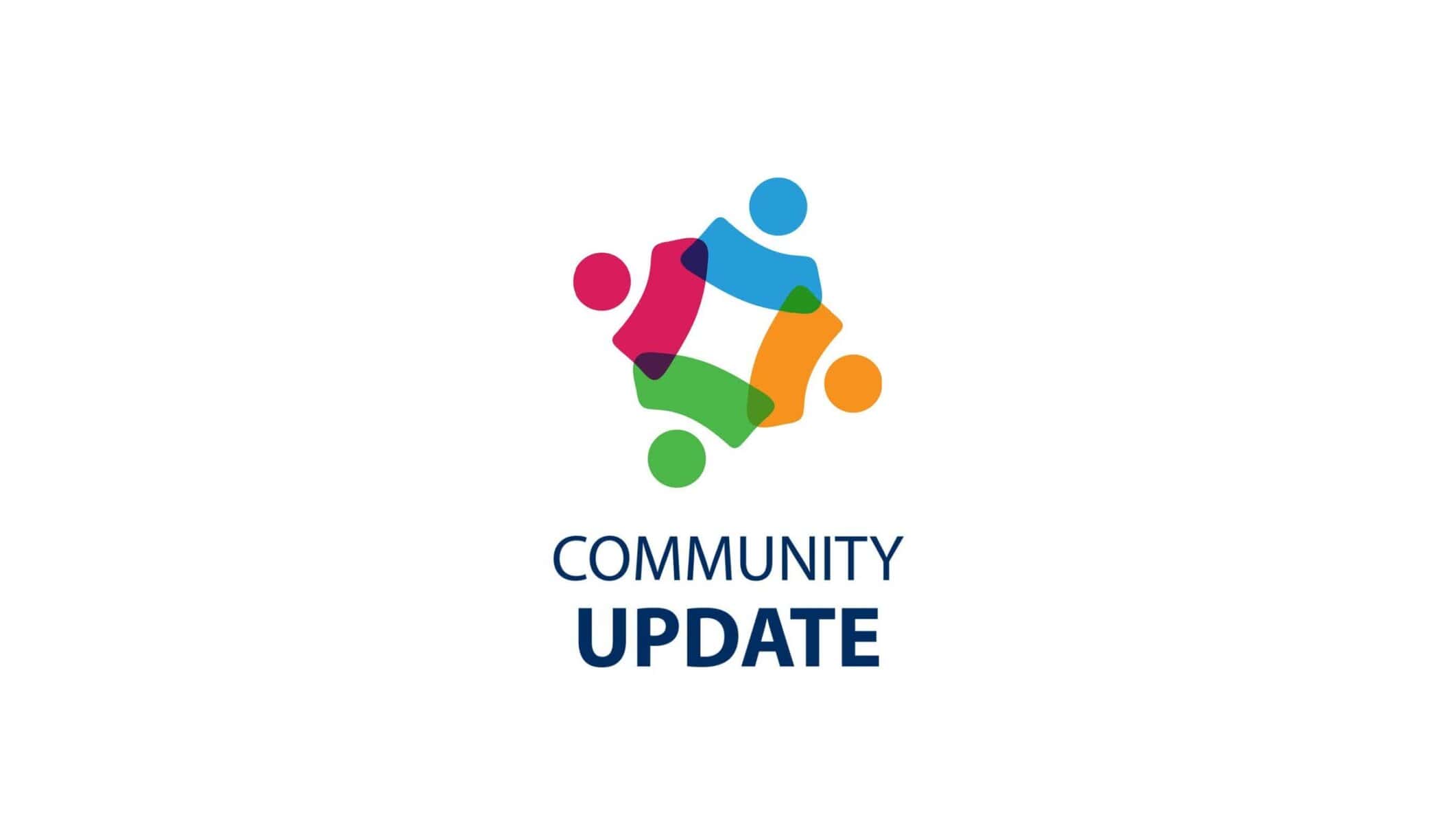Stigma-Free in Cumberland
Mental health professional addresses the resources available at the state, county and local levels.
 This is a new column—a column that will deal with mental health, mental illness, addiction, and all the other matters of concern that go with those topics. We need to talk about these things and have an honest discussion about them.
This is a new column—a column that will deal with mental health, mental illness, addiction, and all the other matters of concern that go with those topics. We need to talk about these things and have an honest discussion about them.
With mental illness and addiction being connected with recent shootings, the opioid crisis, the problem of suicides, bullying, stigma, the right of gun ownership, and so much more, putting the facts and resources out there for you is more important than ever.
We will talk about the resources out there—many of them right in your backyard—to which you can turn to find out more information. We will show you where you or a loved one can get help. We will try to break down the mental health and addictions administrative superstructure to show you how it can work for you.
We have a layer of administrative agencies at the state level—the Division of Mental Health & Addiction Service and the Department of Health. We have agencies and committees at the county level—the Department of Human Services, the Mental Health & Addictions Board, and the Systems Review Committee (the latter of which covers two local counties). We have a group of committees and organizations within the county that deal with mental health and addiction.
We have the service providers—hospitals, mental health clinics, and so on. We have support groups and community wellness centers, the focus of which is to give peer and professional support to those suffering, those in recovery, and their loved ones who often are the caregivers.
It can be a tangled web for some—a maze of unconnected dots that make up a system that can seem daunting to navigate and may seem unresponsive to your needs. The dots can be connected, the system made understandable and less daunting. That will be the mission of this column.
We will not only survey the system, but we will also take you inside many of the agencies, committees, and organizations that make up our mental health and addictions systems. The spotlight will not necessarily be thrown on a dry outline of the mission, vision, and structure of each group. Some of that is important, certainly, but here’s what it could also mean for you—how the groups are important to you, how they can help you, and the role you can play in making them responsive to your needs.
I have talked about what we have and what we will do. Here is what you can do. Read these columns carefully. If something mentioned in a column resonates with your situation, take note of the information given that can help you—the name of an agency, a phone number, and e-mail address, the name of a contact.
Even if you do not have a particular issue that this column can help, do not just gloss over this column. Read it anyway. Lack of knowledge can lead to misunderstanding, which can contribute to stigma.
If this column sheds light that can help and save someone, it has done its job.
Melissa Niles, LPC, LCADC is Cumberland County Department of Human Services Director, Cumberland County Mental Health Administrator, and Cumberland County Alcohol & Substance Abuse Services Director.





